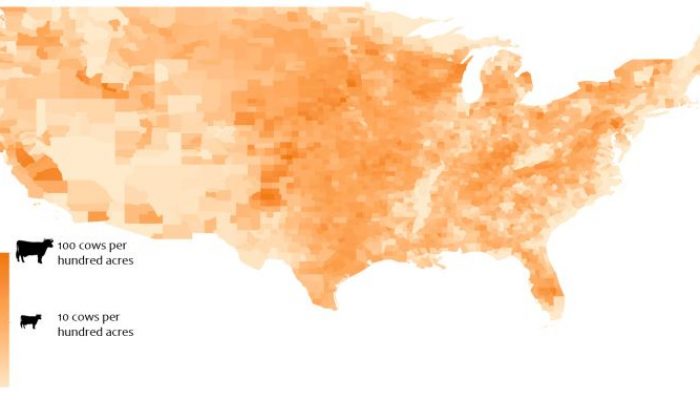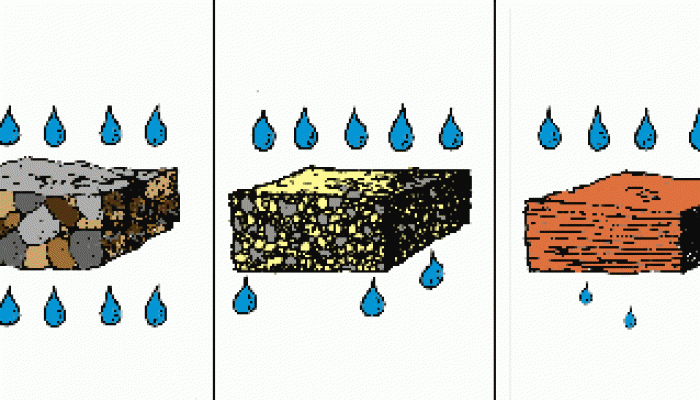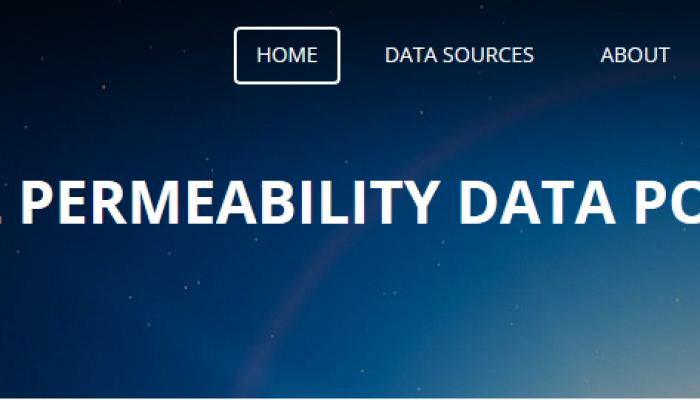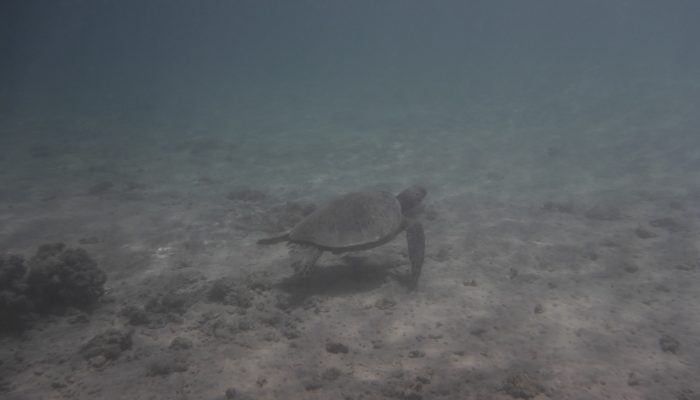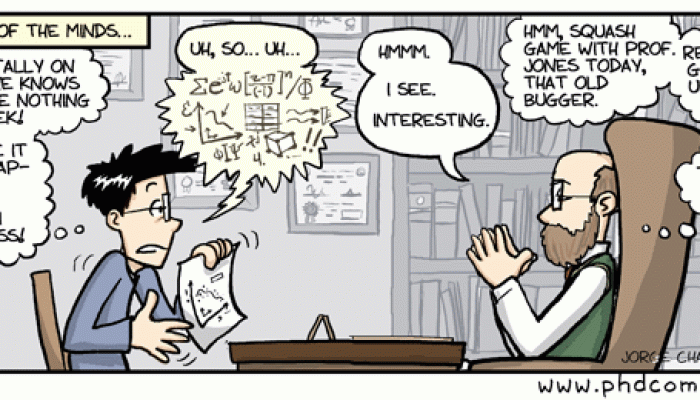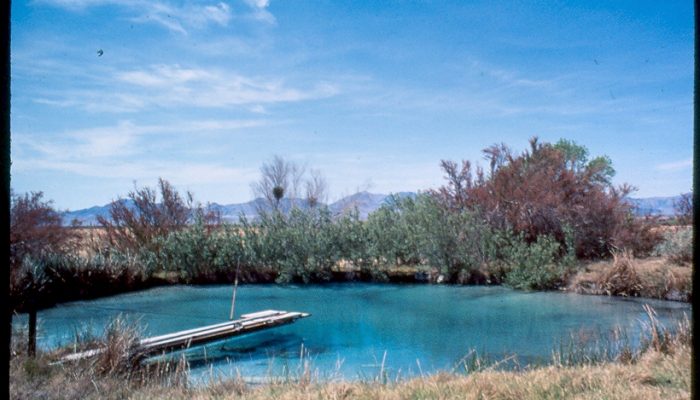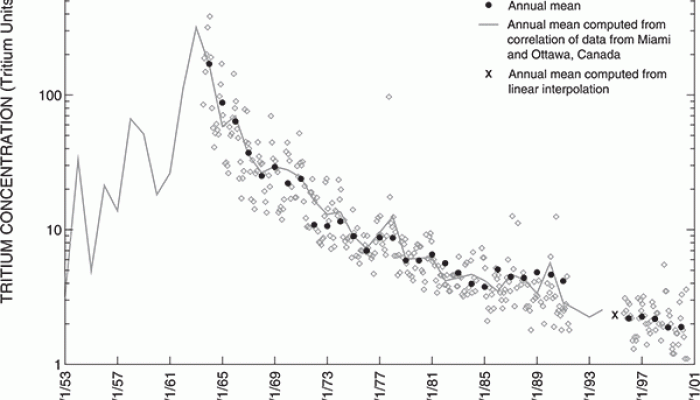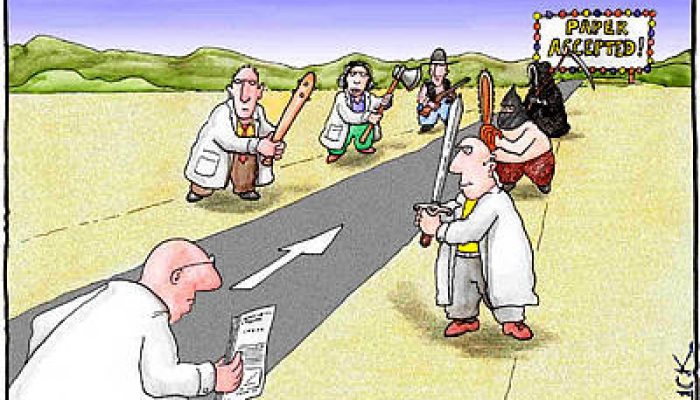This graphic is from Owen Miles’ watermurica blog
How easily does our understanding of ‘CRUSTAL PERMEABILITY’ flow ? A new Geofluids special edition…
Permeability is a crazy parameter: heterogeneous on many spatial scales, highly variable over up to 20 orders of magnitude, and transient on many temporal scales. Yet, for better or for worse it is essential to our understanding of numerous earth processes, as well as how human impact and interact with the earth. I have had the honor of guest editing a special issue of Geofluids called ‘Cru ...[Read More]
A new data portal for permeability!
Permeability data is tucked many dusty corners of the web and in even dustier reports, books and thesis. The purpose of the Crustal Permeability Data Portal is to ‘unearth’ (pun intended!) permeability data by providing links to online, peer-reviewed permeability data that is open to anyone around the world. This data portal collates links to other data sources rather than hosting data and is a co ...[Read More]
Water underground is flowing again….
After a joyous eight-month-long paternity leave, I am back being a professor during the day, and now being a dad at night. A little visual teaser of my time off is below – swimming with a sea turtle on the north shore of Kauai, Hawaii. On top of becoming a dad, I changed universities; I am now in Civil Engineering at University of Victoria. It is a rad new program focusing on sustainability ...[Read More]
Making guidelines for graduate students
I strive for effective, compassionate supervision and I clarify my goals, approach and expectations in my guidelines for graduate students (available here, from McGill’s best practices in supervision). As I wrote, most students enter a relationship with a thesis advisor without a clear idea of what they can expect so I compiled this handout to give you some idea of what I expect of you as st ...[Read More]
The Groundwater Wetlands and Bogs Study Group
The Groundwater Wetlands and Blogs Study Group is an unfunded, voluntary collaboration of professionals, formed in December 2012, focused on groundwater wetlands, bogs, and related systems. The Study Group has about 250 members in 39 countries. Study Group members communicate primarily through a disciplined Yahoo Group listserve. We are not a social network nor are we an environmental advocacy g ...[Read More]
Are we in the age of postmodern groundwater?
My humanities colleagues and friends are always talking about postmodernism or pomo for short (see this funny satire). I’ve been thinking a lot lately about ‘modern groundwater’ (stay tuned for a cool paper), so I started wondering if there is ‘postmodern groundwater’. Modern groundwater is groundwater recharged since the huge spike it tritium in the early 1960’s due to above ground th ...[Read More]
Groundwater is NOT photogenic!
One of the first things I realized when designing this blog was that groundwater is not photogenic, in the extreme. Seriously: I dare every hydrogeologist to go to google images and search ‘groundwater‘. You find something like this: I am not saying that I dislike conceptual models or think they are ugly. I actually quite like them, which maybe explains my current profession! But I ...[Read More]
A social media dashboard for researchers – taming the digital anarchy for nerds
Is anyone else overwhelmed by updating their many webpages, blogs, streams etc? Jason Priem described the shift from a paper-native academia to a web-native academia, in an excellent article last year in Nature, a shift well beyond the traditional peer-reviewed journal to more diverse outlets of information, interaction and discussion. I am part of the first generation of researchers who are excit ...[Read More]
How to peer review: skill-building in a grad classes
I teach how to peer-review in graduate class because I think it is a core skill for any professional. I first demystify peer-reviewing and academic journals, and answer questions that all students have about these topics that they have heard about but rarely learn about using this: I describe my personal experience as a manuscript submitter, reviewer and associate editor. And then I outline the s ...[Read More]

